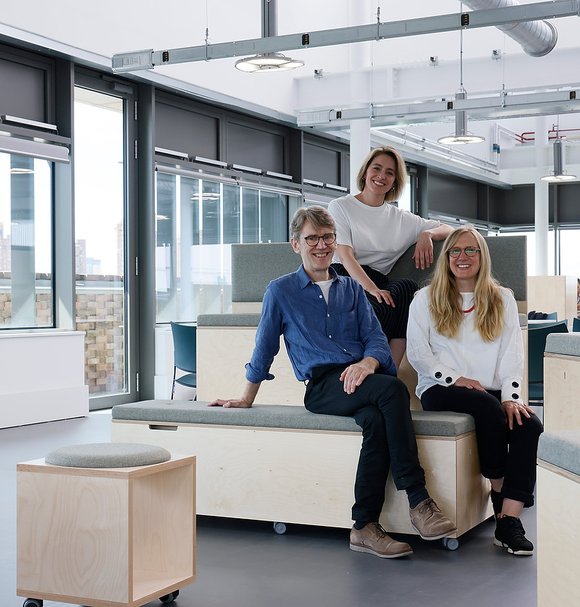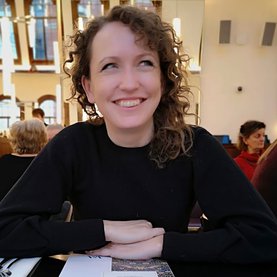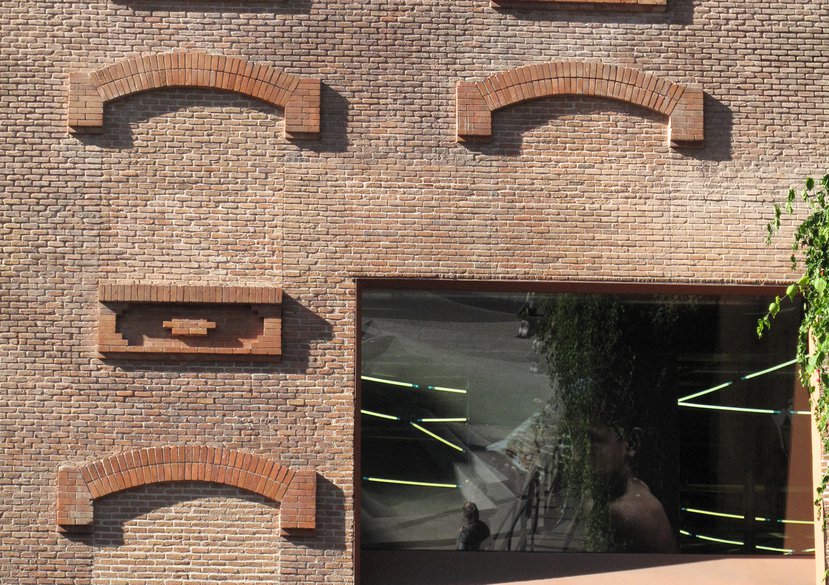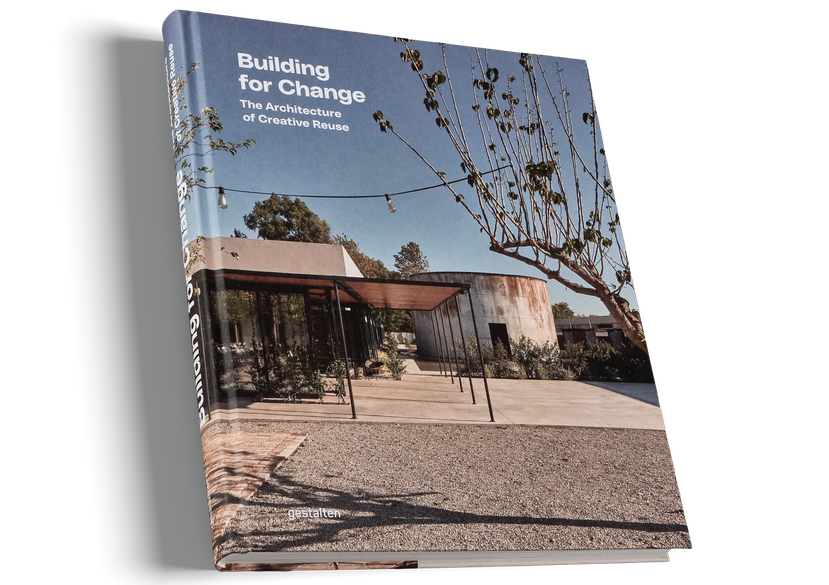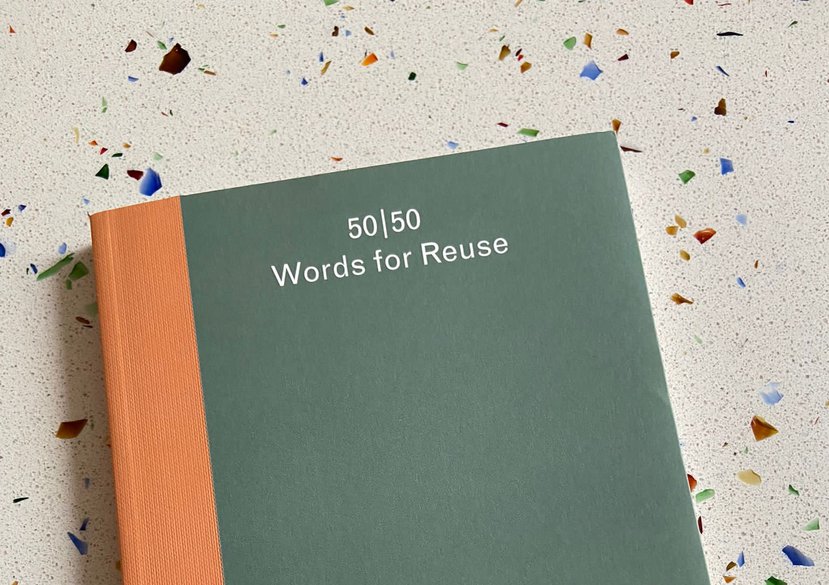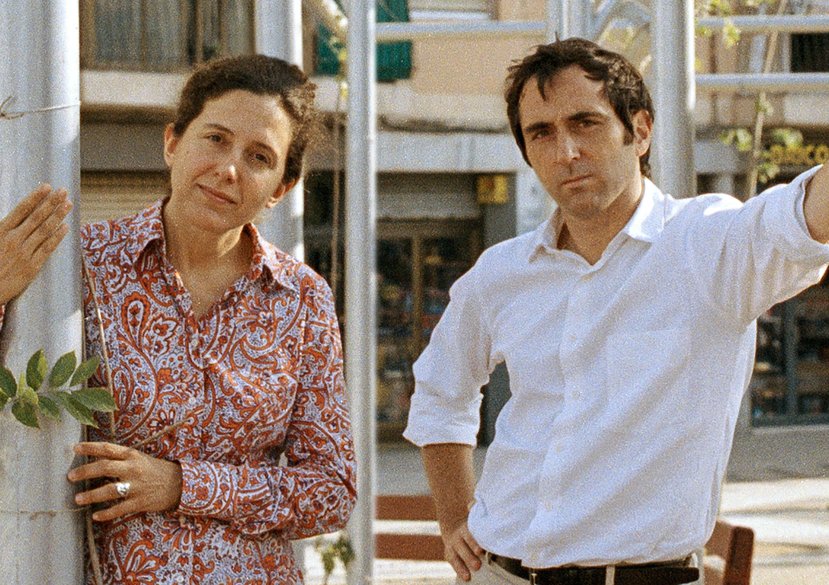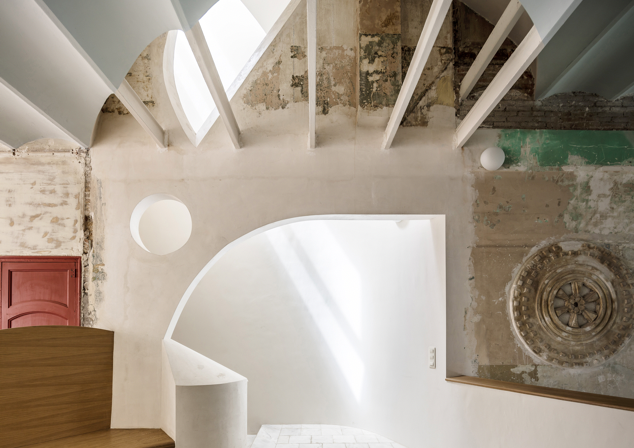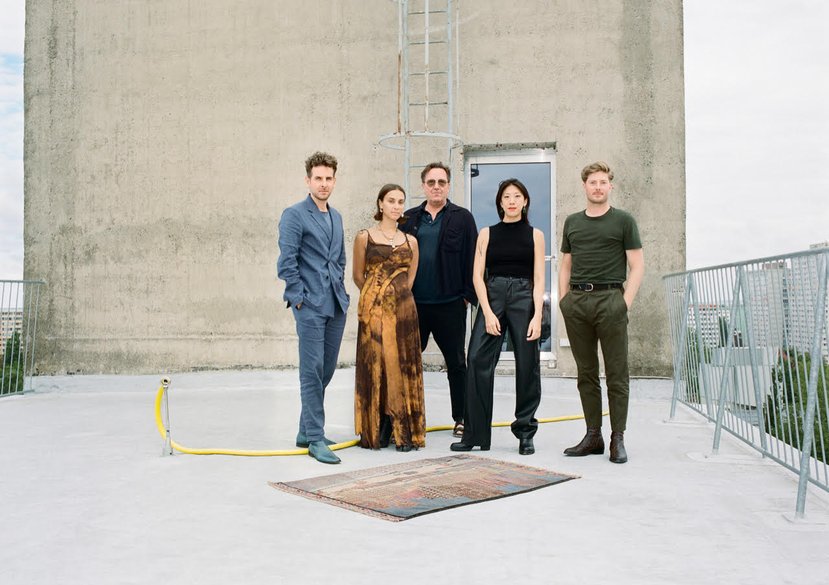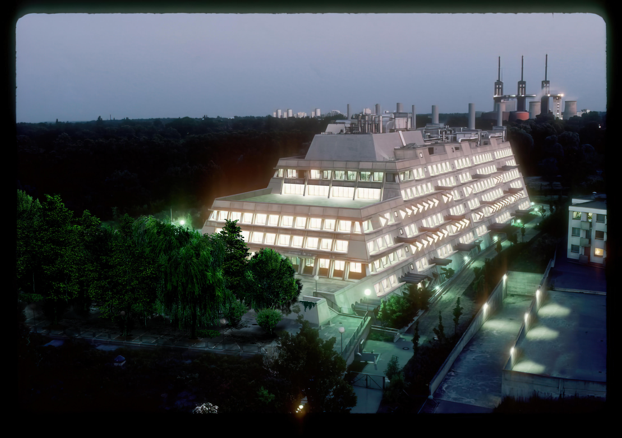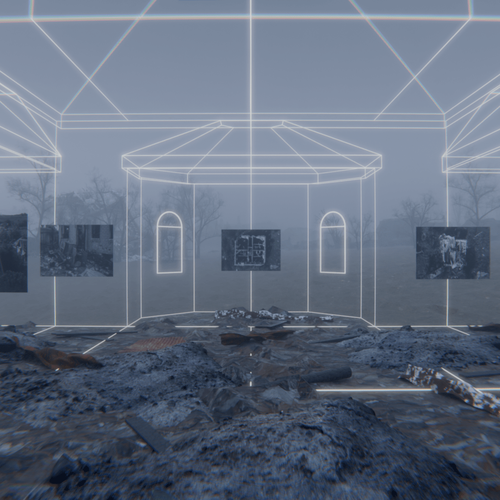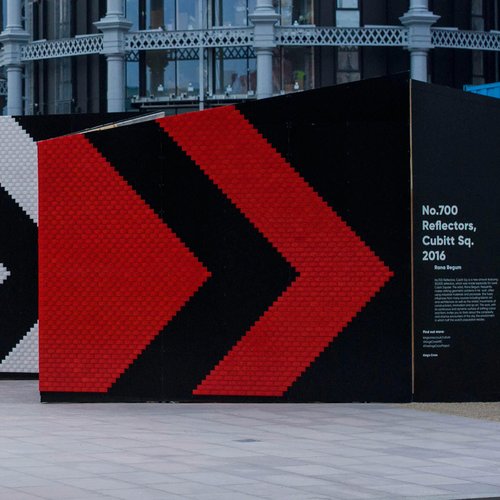
An overview of the opportunities and strategies for creative reuse, live online from the School of Architecture. 2023 guest speakers include Flores & Prat and B+ architects, plus the co-founder of AKT II.
Key details
Fees
- Regular fee: £820
- 2023-24 dates to be announced soon
Location
In a time of climate breakdown, new-build and single-use approaches are fast becoming obsolete strategies for making cities, buildings, and interiors. In their place, it is imperative that as spatial designers, practitioners, and clients we learn how to make the most of the resources available to us in inventive ways, and to consider the afterlives of the schemes we design. To do so requires us to challenge the existing processes and considerations of spatial design, to break free of the ceaseless cycle of consumption which characterises the industry. Rather than being seen as a constraint, reuse of resources can offer much stimulus for creativity and innovation in our designs – if we understand how.
This course exploring the opportunities and parameters for creative reuse in the built environment is led by Dr Ruth Lang, author of Building for Change The Architecture of Creative Reuse (2022), and Matthew Blunderfield, an Associate Lecturer at the RCA whose MA Architecture studio has focused on the reuse of 1980’s shopping malls and office buildings.
Guest speakers for 2023 include:
Learn more about this year’s guest speakers below, under “Course Contributors”.
Throughout the sessions, the course leaders and invited international experts will provide participants with creative inspiration, insight into global best practice, and the latest developments in applying reuse strategies in architectural designs. Using a range of built case studies, we will explore the social, economic, material, and environmental imperatives for creative reuse, and use this insight as the basis to develop new design strategies for employing these methods in your own work. The course will highlight the untapped opportunities for the reuse of materials, buildings, and sites, and to design for adaptation and deconstruction that we can employ to ensure a more sustainable future.
The course will provide:
- An overview of the opportunities for employing creative reuse strategies in spatial design
- An understanding of the material, environmental, economic, and social implications of reusing architectural resources
- Insight from world-leading practitioners as to how they have developed reuse schemes
- Knowledge of the theories and working processes for using existing resources at different scales in the design of the built environment
- Strategies for employing these innovative practices in your own work
- Certificate of achievement on completion
You will benefit from the College’s expertise in employing critical, creative and insightful thinking, and connect with global participants to share knowledge and experiences.
Building for Change author Ruth Lang selects six buildings that show reuse isn't a constraint on creativity, for Dezeen here.
About the course
Personal and organisational benefits
Benefits to you and your organisation include:
- An applied understanding of how we might better use existing resources in our designs, considering professional, programmatic and design implications.
- Insight into global best practice for reusing materials, buildings, and sites.
- Connecting with global participants, sharing knowledge and experiences.
- Certificate of achievement on completion.
What will you learn?
You will learn:
- The benefits of adopting creative reuse within spatial design projects.
- Key considerations to discuss with clients and the design team to aid the integration of these strategies from the outset.
- Real-world examples of creative reuse, implemented at different scales within interior and architectural design schemes in a global context.
- The material and programmatic design impact for employing reuse strategies.
How will you learn?
- Briefing sessions will introduce key concepts and contexts of the strategies of creative reuse.
- Lectures from leading practitioners will demonstrate best practice examples of these initiatives in use.
- Group seminar sessions will enable you to collaboratively apply and explore these strategies further through your own work, and discuss the issues you might confront in doing so.
Course structure
Day 1
- Welcome and introduction from course leaders
- Ice-breaker and group workshop exercises
- Keynote lecture and Q&A
Day 2
- Presentation and discussion
- Guest speaker talk and Q&A
- Group seminar discussions and workshop exercises employing key themes introduced by the guest speaker
Day 3
- Presentation and discussion
- Guest speaker talk and Q&A
- Group seminar discussions and workshop exercises employing key themes introduced by from the guest speaker talk
Day 4
- Presentation and discussion
- Guest speaker talk and Q&A
- Seminar discussions and workshop exercises employing key theme from talk
- Collaborative collation of the opportunities for and implications of employing reuse strategies in practice
Course contributors
The course is convened by Dr Ruth Lang and Matthew Blunderfield.
Confirmed guest speakers for 2023 include:

Albert Williamson-Taylor, winner of the Institution of Structural Engineers’ 2023 Gold Medal and co-founder of the design-led, interdisciplinary engineering practice AKT II.

Flores & Prats Architects - a multi-award-winning architectural studio with experience in rehabilitating old structures for new occupations, designing public spaces with neighbours’ participation as well as the community-creating potential of social housing design.

B+ Architects, a collaborative architecture practice that operates at the intersection of theory and praxis, and across different media and formats. The practice seeks to engage with the contemporary challenges of our time, particularly those related to social-ecological transformation and adaptive reuse of existing buildings, with ecologically and economically viable answers.
It will also include contributions from Professor Graeme Brooker, Head of the Interior Design MA, author of 50/50: Words for Reuse – A Manifesto (2021) and Rereadings: Interior Architecture + The Principles of Remodelling buildings (2018) (Co-Author Sally Stone).
Building for Change: The Architecture of Creative Reuse
Published in 2022 by Gestalten, Dr Ruth Lang's book explores this architecture of reuse and adaptation. Architects are adapting existing buildings to create new spaces for a more conscious future. The urban fabric changes more slowly than our spatial needs, accelerated by digital technologies and new lifestyles. The trick for canny architects lies in an ingenious reuse and creative recycling that result in the stunning transformation of existing buildings for new purposes.
50/50: Words for Reuse – A Manifesto
Published in 2021 by Canalside Press, Graeme Brooker’s book 50/50 Words for Reuse – A Manifesto is a lexicon of terms to describe ‘the transformation of the existing into something new’. Graeme is a designer, Professor and Head of Interior Design at the Royal College of Art in London and his writing and teaching have been concerned with reuse and transformation in architecture for many years.
Online delivery
The course is organised in synchronous sessions in a live virtual environment that combines various digital platforms and tools.
Zoom
Using the videoconferencing service Zoom, and Miro, RCA tutors and invited experts will deliver a mix of:
- Lecture presentations
- Group seminars
- Collaborative group work and group discussion
Moodle
The College's learning platform Moodle is personalised according to the course's requirements to provide participants with a secure integrated system where they can access the course content.
The hub hosts a range of useful resources to enable the learning experience, including timetables, pre-reading materials, course slides, tutorials and session recordings.
Course outcomes
Participants will:
- Interrogate the opportunities and implications for practice in reusing existing resources in the built environment.
- Develop strategies for applying these principles to your professional and creative practice.
- Develop industry skills within a supportive and creative learning environment.
- Network with RCA academics, guest lecturers, and peers.
Who should attend?
- Interior designers, architects, planners, and other spatial designers
- Architecture and interior design students
- Clients working on schemes using architectural reuse strategies.
Admission criteria
Participants must:
- be 21 years or over
- have knowledge and an interest in interior design, architecture and other spatial design.
English language requirements
Course participants should be proficient in spoken English and feel comfortable participating in group discussions in English.
Gallery
Contact us
Get in touch with Jo Chounta if you'd like to find out more about this or any of our other short courses.
short-courses@rca.ac.uk
